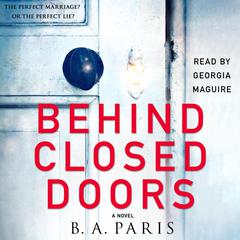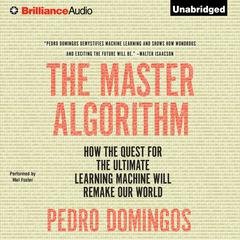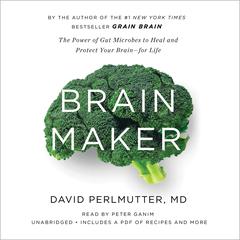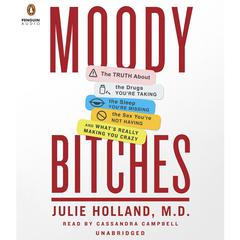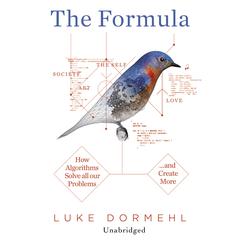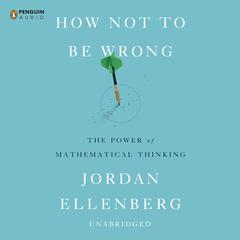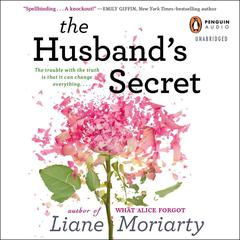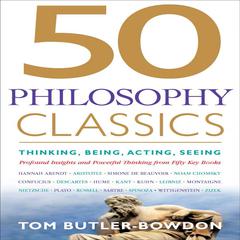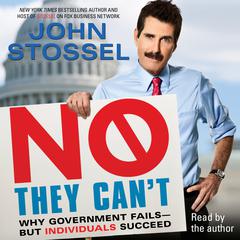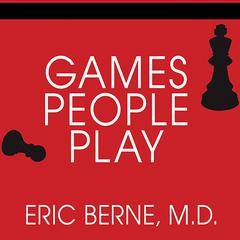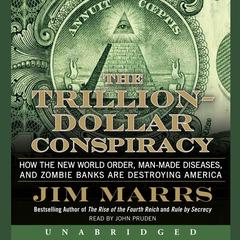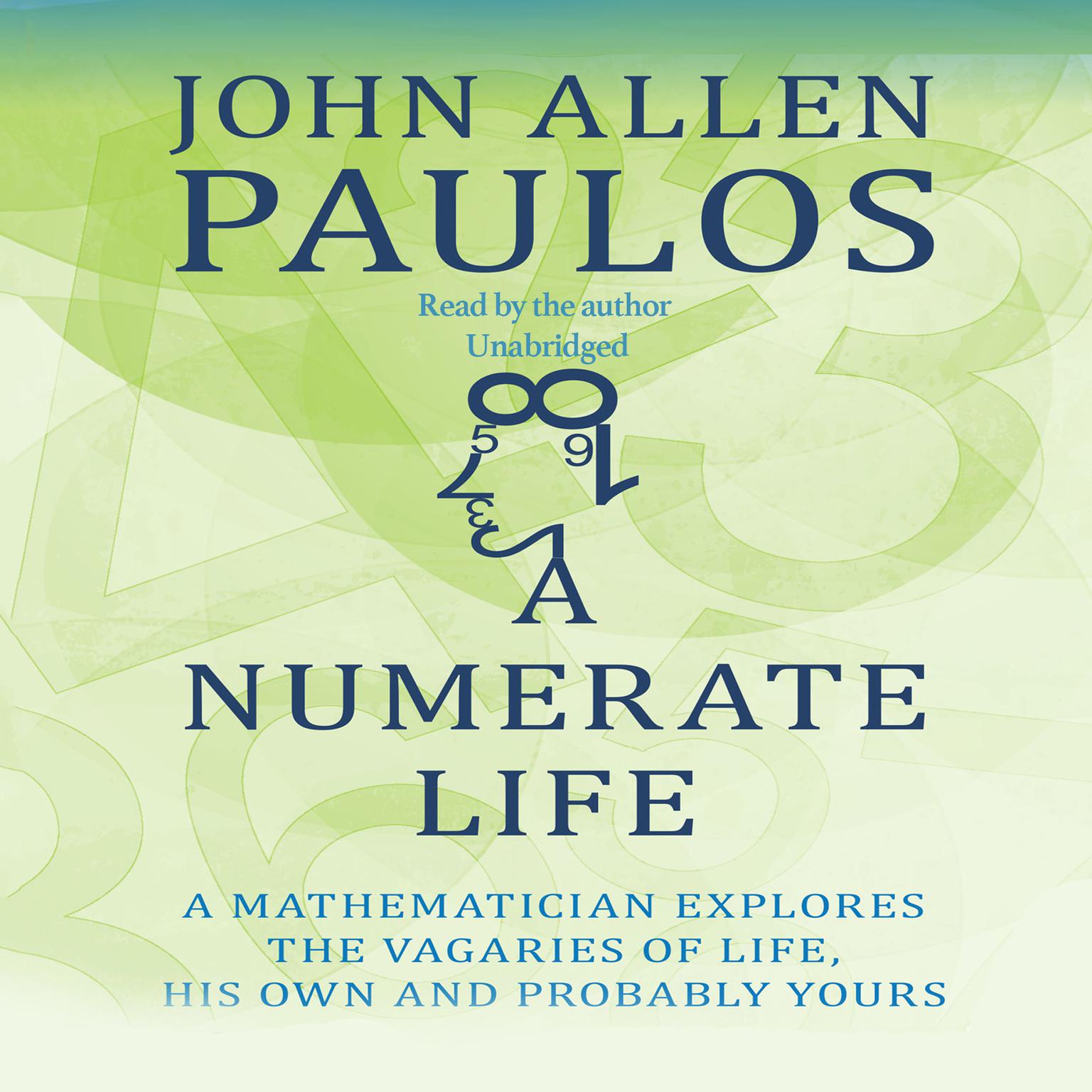 Play Audiobook Sample
Play Audiobook Sample
A Numerate Life: A Mathematician Explores the Vagaries of Life, His Own and Probably Yours Audiobook
 Play Audiobook Sample
Play Audiobook Sample
Quick Stats About this Audiobook
Total Audiobook Chapters:
Longest Chapter Length:
Shortest Chapter Length:
Average Chapter Length:
Audiobooks by this Author:
Publisher Description
Employing intuitive ideas from mathematics, this quirky “meta-memoir” raises questions about our lives that most of us don’t think to ask but arguably should: What part of memory is reliable fact, what part creative embellishment? Which favorite presuppositions are unfounded, which statistically biased? By conjoining two opposing mindsets—the suspension of disbelief required in storytelling and the skepticism inherent in the scientific method—bestselling mathematician John Allen Paulos has created an unusual hybrid, a composite of personal memories and mathematical approaches to reevaluating them.
Entertaining vignettes from Paulos’ biography abound—ranging from a bullying math teacher and a fabulous collection of baseball cards to romantic crushes, a grandmother’s petty larceny, and his quite unintended role in getting George Bush elected president in 2000. These vignettes serve as springboards to many telling perspectives: simple arithmetic puts life-long habits in a dubious new light; higher dimensional geometry helps us see that we’re all rather peculiar; nonlinear dynamics explains the narcissism of small differences cascading into very different siblings; logarithms and exponentials yield insight on why we tend to become bored and jaded as we age; and there are tricks and jokes, probability and coincidences, and much more.
For fans of Paulos or newcomers to his work, this witty commentary on his life—and yours—is fascinating listening.
Download and start listening now!
“There’s nothing more enlightening than a view of life’s nuances as seen through the lens of a mathematician. Especially when that mathematician is John Allen Paulos.”
— Neil deGrasse Tyson
Quotes
-
“Engaging…Paulos displays his genius for making the abstract and abstruse entirely intuitive.”
— Sylvia Nasar, New York Times bestselling author
A Numerate Life Listener Reviews
Be the first to write a review about this audiobook!
About John Allen Paulos
John Allen Paulos is an author, popular public speaker, and monthly columnist for ABCNews.com and the Guardian (London). A professor of math at Temple University in Philadelphia, he earned his PhD in the subject from the University of Wisconsin. His books include the New York Times bestseller Innumeracy; A Mathematician Reads the Newspaper; Once upon a Number, a Los Angeles Times Best Book of 1998; and A Mathematician Plays the Stock Market. He has also written scholarly papers on probability, logic, and the philosophy of science as well as book reviews and articles in such publications as the New York Times, the Wall Street Journal, Forbes, the Nation, Discover, the American Scholar, and the London Review of Books.





